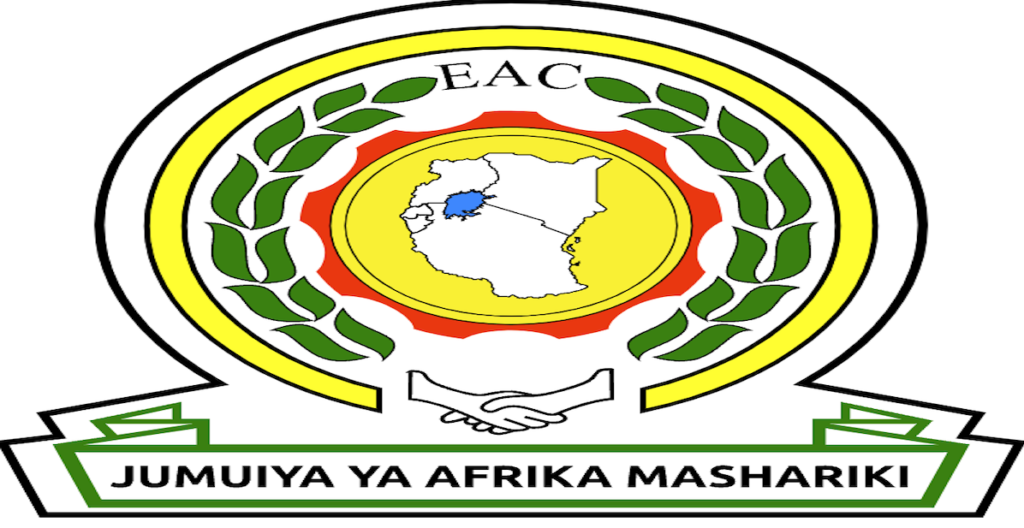
by
The recent introduction of a 5% tax on all digital transactions by the Somali government has ignited debate about its effects on small businesses and the overall economy. While the tax aims to increase government revenue, it also highlights serious deficiencies in the government’s service provision, transparency, and oversight. Additionally, the tax may open doors for companies from the East African Community (EAC) to capture market share from struggling Somali businesses. Here’s an in-depth look at the implications of this tax and the potential threat from EAC competitors.
Challenges for Small Businesses
The new 5% tax places a heavy burden on small businesses, which are already struggling with tight profit margins and limited resources. Unlike large corporations, small businesses cannot easily absorb or pass on additional costs to their customers without risking their survival.
With the tax increasing operational costs, small business owners may be forced to raise prices, leading to decreased consumer spending. This could result in lower revenues and even business closures, exacerbating economic instability and job losses. The government’s failure to provide adequate support and advisory services for these businesses compounds their struggles, leaving them more vulnerable to economic pressures.
Economic Ripple Effects
Without adequate support services, small businesses are likely to face severe financial pressure. The tax increase might lead them to raise prices, which can reduce consumer spending. As people spend less, businesses may see decreased revenues and even face closure. This could result in job losses and further economic instability, making the tax policy’s impact even more pronounced.
Shortcomings in Transparency and Accountability
The government’s handling of this tax has also exposed gaps in transparency and accountability. There is little information about how the tax revenue will be used or whether it will benefit the economy and small businesses. Without clear reporting and auditing, it’s hard to see whether the funds will be spent wisely or if they’ll address the challenges faced by businesses and the public.
Backend System Security Risks
Digital transaction systems, managed by telecoms and fintech companies, are crucial for the economy but can be vulnerable to security issues. Inadequate oversight and protection of these systems increase the risk of tampering or misuse, which can unfairly impact businesses and consumers. For example, tampering with transaction data could unfairly influence competition or distort market competition.
Protecting Sensitive Information
Protecting transaction data is vital for maintaining fair competition and business integrity. Cases where companies misuse data to gain an unfair advantage highlight the need for strong data protection. Instances where companies have misused seller information to undermine competitors—such as Amazon allegedly using data from its marketplace to launch competing products—illustrate the dangers of inadequate data protection. In Somalia, the lack of clear regulations and oversight around digital transactions puts businesses at risk of such abuses, potentially undermining the digital economy’s growth.
Opportunity for EAC Companies

The 5% tax on digital transactions could inadvertently create opportunities for companies from the East African Community (EAC) to gain market share in Somalia. EAC companies, with their larger financial resources and established market presence, might be better equipped to handle the tax burden. These companies can potentially offer lower prices or more competitive services, attracting Somali customers who are priced out of the local market.
For example, if Somali small businesses struggle to compete with the reduced prices offered by EAC companies, they might lose customers to these external competitors. This shift could result in EAC companies capturing a significant portion of the Somali market, further weakening the local business sector and reducing economic self-reliance.
Moving Forward
To address these issues, the Somali government needs to improve its service delivery and oversight mechanisms. Key steps include:
- Supporting Small Businesses: Implement programs to assist small businesses in managing the tax burden and other financial challenges.
- Enhancing Transparency: Implementing clear reporting and auditing processes to ensure tax revenues are used effectively.
- Securing Digital Systems: Strengthening security measures to protect backend systems from tampering and misuse.
- Protecting Data Integrity: Develop regulations to ensure fair competition and safeguard sensitive information against exploitation.
By focusing on these areas, the government can help small businesses navigate the challenges posed by the new tax and reduce the risk of losing market share to EAC competitors. Ensuring a supportive and transparent environment will be crucial in maintaining a resilient and competitive Somali economy.
Share this post:
Leave a Reply